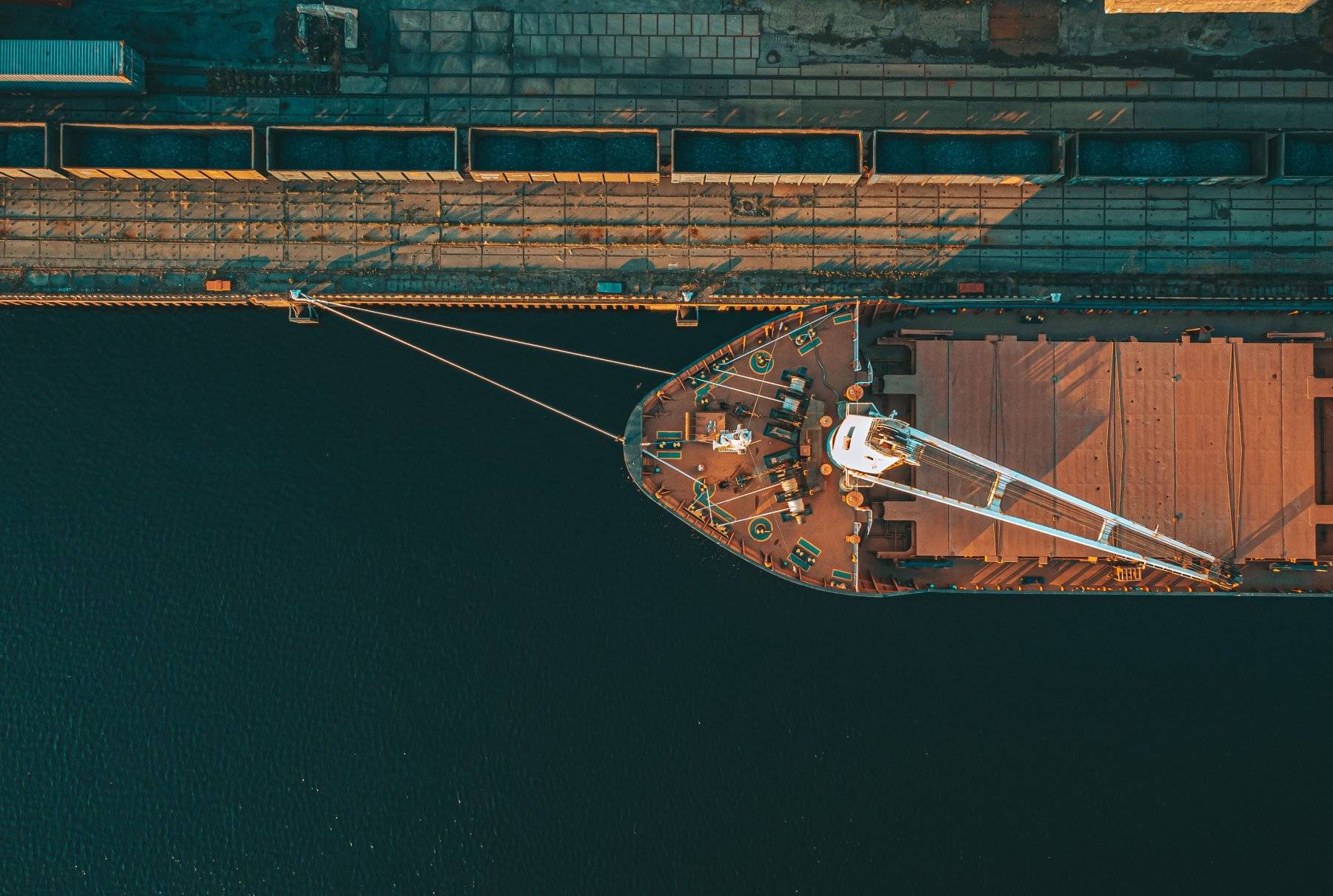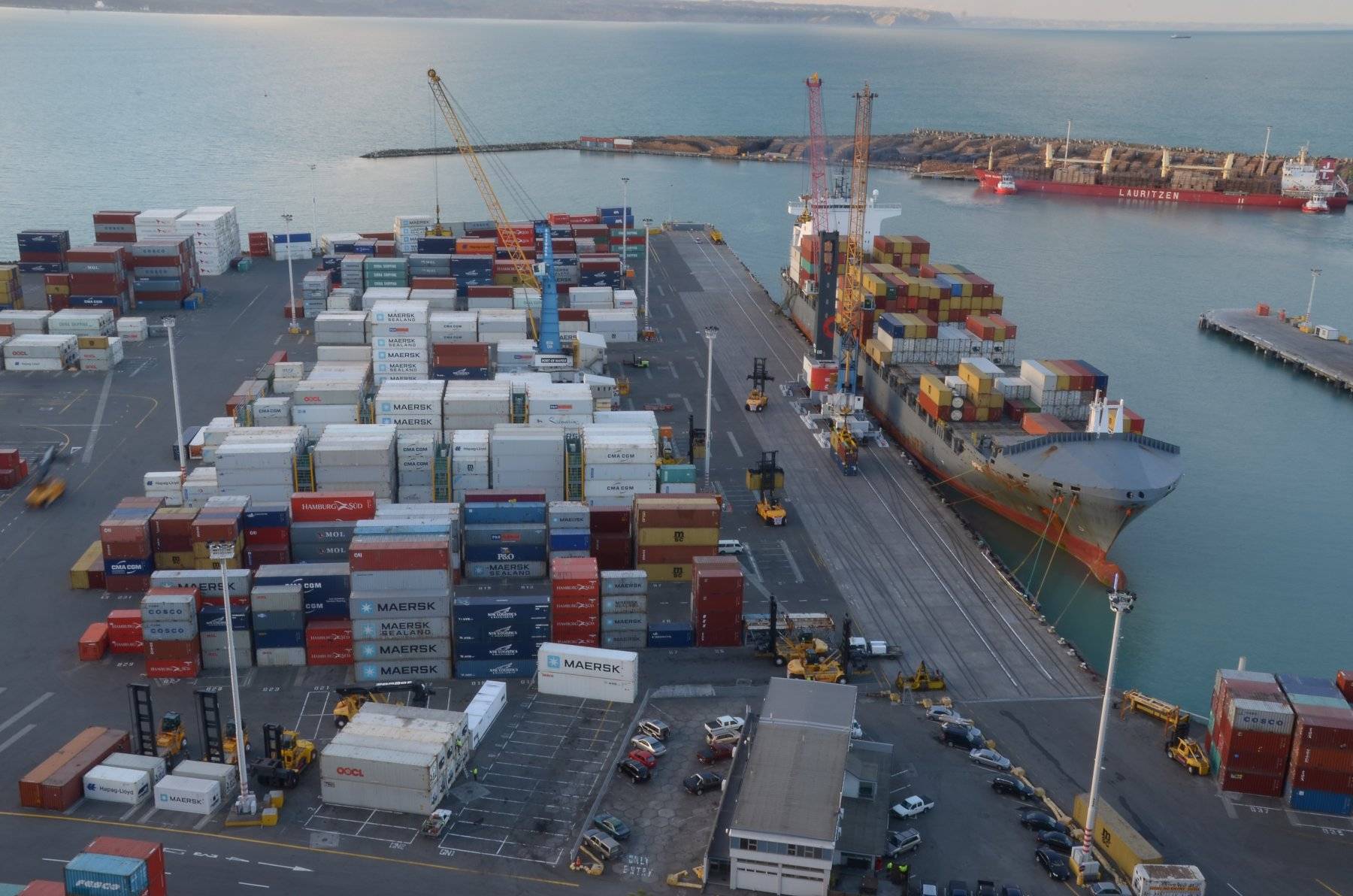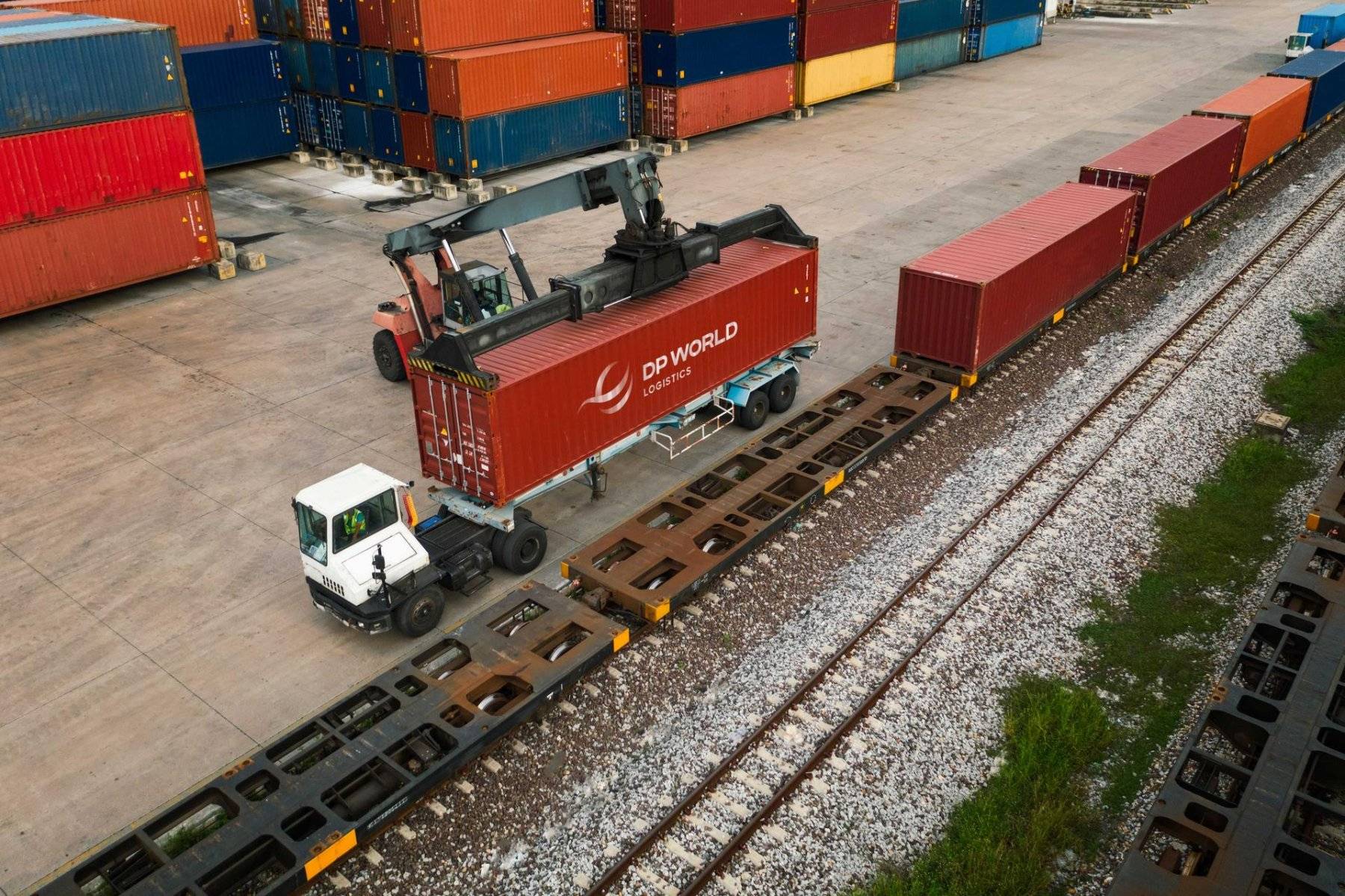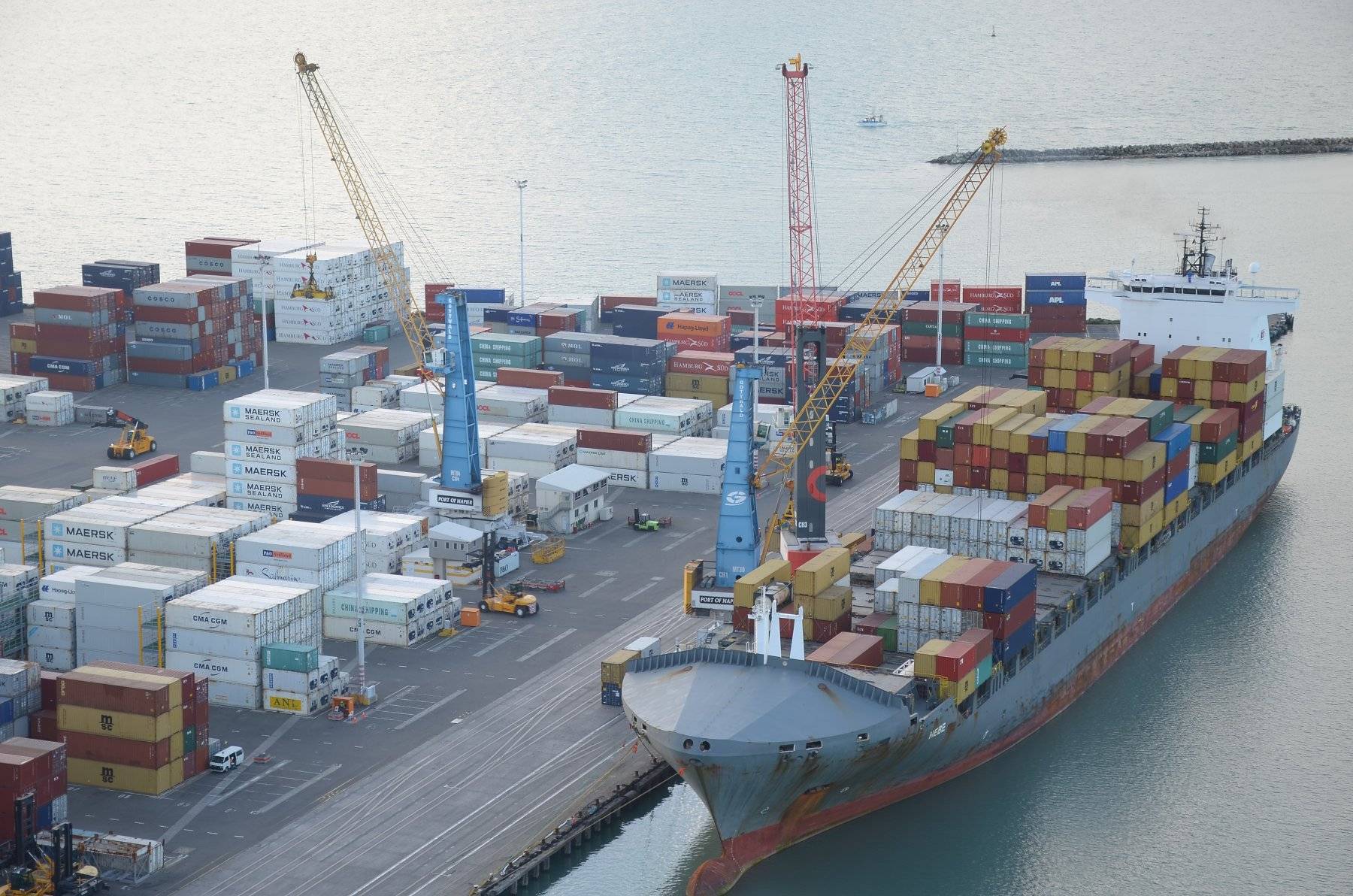Port operations play a significant role in the supply chain as they facilitate the smooth movement of cargo. Seaport activities are increasingly streamlined to ensure instant communication between all parties involved in the logistics campaign. So, what is the purpose of port operations, and who carries them out?
What is the essence of port operations?
Arriving at the port, the vessel with your cargo must go through a series of procedures between terminals. Port operations ensure that the vessel arrives at the port on time for unloading without wasting time and money due to delays.
Port operations consider the amount of data on the vessel's route, which helps to streamline the logistics process and predict the time of arrival of the vessel.
To make the process of port operations clearer, it is necessary to find out who is involved in.
Who carries out port operations?
There are two groups of participants that control and carry out the main port operations:
A port authority is an entity that can make policy at a port on behalf of the government or local public agencies. The following functions and areas of responsibility are assigned to the port authority to carry out all major port operations:
- Ensuring all maritime logistics procedures, which include cargo handling and storage.
- Maintaining the security of the port complex: the integrity of cargo, the safety of staff members and visitors;
- Providing the general organization of the port is carried out according to the rules established by the administration;
- Carrying out infrastructure supervision: ensuring the serviceability, construction, and maintenance of docks, berths, warehouses, railroad connections, etc.;
- Informing shipping information to all parties to the logistics campaign, including the crew: providing monitoring data, such as ATD, ETA, etc.
- Establishing of pricing policy;
- Implementing environmental initiatives: protection of the marine environment with the inclusion of programs and the conclusion of regulations on air and water quality control and minimization of CO2 emissions.

A port operator is the manager of a port terminal, which can be state-owned or private. It performs the following functions to manage port operations:
- Hiring and training of operational and administrative staff: instruction on the requirements of modern port standards;
- Responsibility for the allocation of material and human resources and scheduling of ship operations;
- Maintaining relationships and negotiating with carriers for the unloading and loading of all types of cargo;
- Coordinating and tracking cargo in the port and regulating traffic to avoid delays;
- Regulation of cargo operations
- Supervision of loading and unloading of equipment and port infrastructure;
- Financial management: control over port expenses and performance indicators;
- Risk management: taking the necessary measures to avoid emergencies;
- Communication and cooperation with the port authority to implement port policies and regulations.
Interaction between the port authority and operators
The port authority and operators can achieve successful and precise cargo handling by optimizing their processes in concert.
- The port authority regulates the prices for port services, and the operations staff relies on this when negotiating with carriers or planning and reporting on operations.
- The port authority, together with the port operators, participates in, complies with, or develops its own environmental programs to meet international standards.
- Also, the authority issues regulations based on IMO recommendations for implementation by operators.
- Port operators' activities are coordinated with the authority, which typically acts as a landlord for 10 to 30 years.
Current challenges and solutions
The main goal of the port is to minimize disruptions and delays for all parties involved in logistics operations. To achieve uninterrupted vessel traffic between terminals, ports must meet modern standards of logistics operations and promptly manage new challenges.
Environmental challenges are the most resonant because they affect communication between ports, consignees, freight forwarders, and other participants in logistics campaigns. Ports are increasingly focusing on financing environmental initiatives, such as the use of energy-efficient technologies and renewable energy.
Emissions management is also a key focus of the implemented global programs. Relying on global experience, ports provide emission filtration and treatment systems, hazardous substance control, waste sorting, and recycling.
Port capacity. To conduct port operations, modern ports are fundamentally modernizing their infrastructure: increasing the size and efficiency of docks, storage facilities, and berths. Equipment management also allows the port to accommodate more vessels without congestion and conduct port operations quickly.

Automation of logistics operations. Tracking tools for instant notification of cargo status data facilitate logistics operations for all participants. Thus, the vessel's location, a real-time map image, projected arrival dates, and other data are immediately available, which helps port authorities and operators prepare for cargo reception and plan logistics operations.
Port services with DP World
The perfect example of a successfully established port operator is an international corporation DP World.

SeaRates is delighted to be part of the Dubai Port World (DP World) family, which has become the world's third-biggest ports operator with 80+ terminals across 31 countries, offering such services as container handling, storage, warehousing, freight forwarding, stevedoring operations, and much more.
The container turnover of the port operator is more than 71 million TEU per year. Therefore, the advanced network of DP World enables SeaRates to quickly meet your logistics needs and offer the widest range of services. You can also reach out to the SeaRates team by email or via this page if you require any port-related services with DP World.
Conclusion
Delays in shipping at one level affect the entire supply chain. To avoid this, the authority and port operators are the two main levels at which port operations are carried out and controlled.
Modern ports and other parties in the maritime shipping industry have more and more ways to monitor cargo and get instant information about it. And you have the ability to create a shipping request, and after that, experienced specialists will provide you with a personalized delivery solution.
Please feel free to contact us at [email protected] to fulfill any of your logistics needs.

